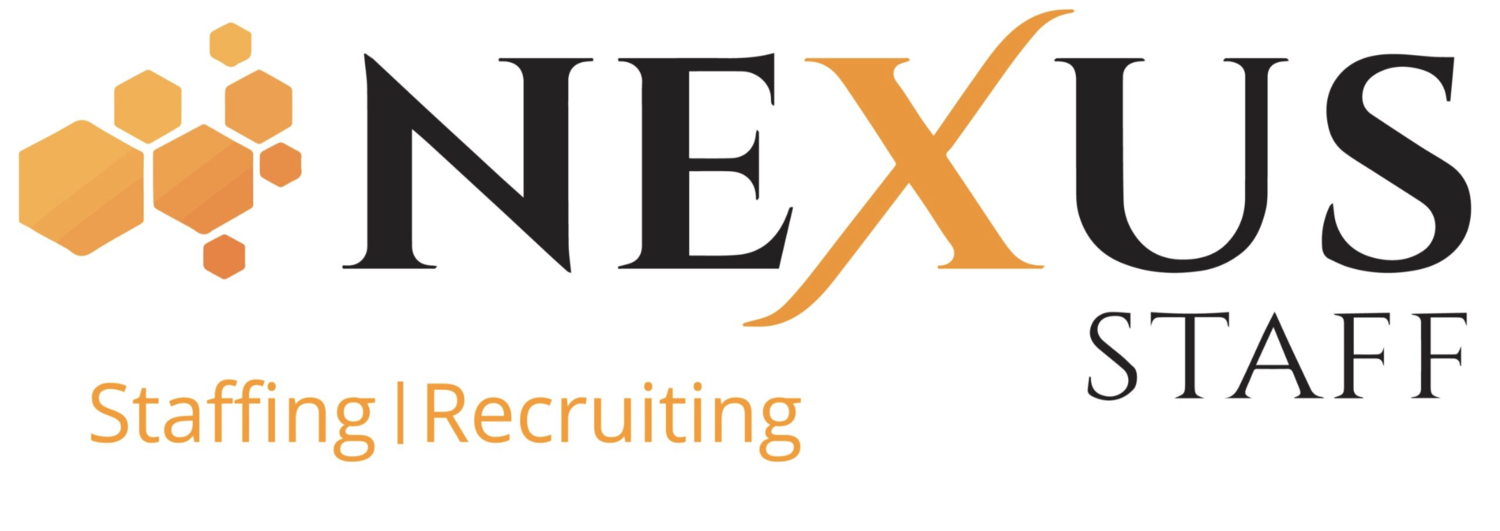Here Are 6 Starting Points to Help You Build Your Resume
Your most important document during the job search process is your resume. This is what hiring managers will use to get a quick snapshot of who you are as a professional and if your skills transfer to the position. Building a resume can take time and effort, but will give you the best job results in the end.A clean and well put-together resume is just one of the main deciding factors for interviews and job offers. It's important to tailor your resume to the job industry and position you're applying for. Someone who is looking to become a paralegal will probably have a different resume layout compared to someone who pursues a career in graphic design. What won't be different though, are these 6 key attributes in a resume no matter what industry you're looking to work in.
Page length
If you're an entry level candidate, then your resume should not exceed one page. Employers want to be able to quickly scan your resume and will most likely not look at a second page. Your resume should be concise and have all of your skills and experiences visible in a clean layout.For more experienced candidates, you can sometimes get away with a two page resume, but it should not exceed two pages.
Name and contact info
Placing your name at the top of your resume tells the employer who you are and the best ways to contact you. Some people make the title of their resume their name so it's bold and clear. For contact information, it's best to put your email and phone number, but depending on the industry it also helps to add a link to your portfolio as well.
Summary or objective
Use this section when building your resume to summarize your goals and highlight your applicable skills and experiences. Keep it to a few sentences in length and get straight to the point. Hiring managers will typically pay more attention to your past experiences rather than the summary or objective.
Your experience
Make sure your experience is easy to find when you build your resume. Most hiring managers want to see your past experience to see what you can offer. Be sure to list your past experience in chronological order from your most recent to past experiences. Your resume should also only go back up to 10 years (unless you're applying for higher-level management roles). From there, you should have the title of your position, company you worked at and the dates. Underneath you'll want to put short bullet points of your achievements and relevant skills that can transfer to the job your applying for.Here's and example of how it could look below:Office ManagerAB Company | March 2017 - October 2020
Oversaw daily operations of an office of X employees, organized office functions and managed daily schedules
Maintained office inventory and supported the office accountant in balancing the budget
Hired, onboarded and trained x new hires and supported the transition into the office environment
A list of skills
This is where hiring managers can see what skills you can bring to the position. For this section, a simple bulleted list is perfectly acceptable to do. It's important that you check to see what skills the job description is asking for and tailor your resume to fit around those.
Your education
In chronological order, add the names and dates of the schools you attended. You'll also want to put the degrees or certifications you obtained. For positions that require a certain degree, hiring managers will want to make sure that you have the right credentials for the job.Additionally, you can add any achievements or community involvement at the bottom of your resume, but it isn't required. Building your resume will take time and not all resumes will look the same. Keeping a clean and uniform look though will put you one step closer to achieving your dream job.
Related blog posts
Career Certifications Can Help You Stand Out–Here's WhyHow An Informational Interview Can Help Your Career10 Tips to Help You Ace a Video Interview


